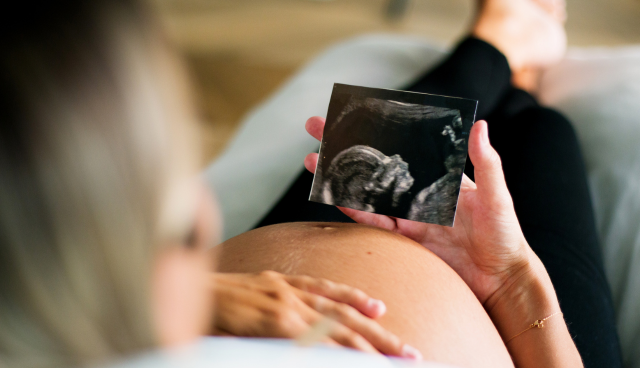
Understanding Ectopic Pregnancy: A Guide for Women's Health
Ectopic pregnancy is a complication that occurs in the early stages of pregnancy when the fertilized egg implants itself outside of the uterus, most commonly in one of the fallopian tubes. An ectopic pregnancy is a serious condition that affects 1-2% of all pregnancies and can be life-threatening if not caught and treated early.
Key Points Cover In Blog
What is an Ectopic Pregnancy?
Causes and Risk Factors
- Damage or abnormality of the fallopian tubes – Fallopian tube damage is the number one cause of ectopic pregnancy. Damage can occur from prior infections, surgery, or endometriosis. Abnormal tube shape can also increase risk.
- History of pelvic inflammatory disease (PID) – PID is usually caused by untreated STIs and can lead to scarring and damage of the reproductive organs. Women with a history of PID have a higher risk of ectopic pregnancy.
- Prior ectopic pregnancy – Once you’ve had one ectopic pregnancy, your risk for another is increased.
- Age – Risk increases with age, with women over 35 having a higher incidence.
- Fertility issues – Use of fertility drugs or procedures like IVF raises the risk.
- History of pelvic or abdominal surgery – Surgeries that cause scarring (like cesarean section, appendectomy) can increase risk.
- History of smoking – Smoking can damage the fallopian tubes and is associated with higher ectopic pregnancy risk.
- History of endometriosis – Endometrial tissue growing outside the uterus can affect the nearby fallopian tubes.
- Multiple sexual partners – Increased risk of STIs that can cause pelvic scarring.
- Use of an IUD – With an IUD, a fertilized egg is more likely to implant in the tube than the uterus.
Symptoms of Ectopic Pregnancy
- Abdominal pain – This may start out mild but will become sharper and more severe. It may be felt on one side or throughout the pelvis.
- Vaginal bleeding – The bleeding may be light at first and then become heavier. The blood is often darker.
- Dizziness or fainting – This can result from internal blood loss if the fallopian tube ruptures.
- Shoulder pain – Blood from a ruptured ectopic pregnancy can irritate the diaphragm, causing shoulder pain.
Diagnosing an Ectopic Pregnancy
- Pelvic exam – Tenderness may be felt during the exam, sometimes with a palpable mass.
- Blood tests – A blood test can detect HCG levels, which will rise more slowly in an ectopic pregnancy compared to a normal one.
- Ultrasound – An early ultrasound may show an empty uterus with no embryo present. It may also show the ectopic mass in the tube.
- Laparoscopy – If diagnosis is uncertain, your doctor can use a tiny camera inserted in the abdomen (laparoscope) to visually inspect the fallopian tubes and pelvis.

Treatment Options
- Medication – An injection of methotrexate stops the growth and dissolves the ectopic tissue, allowing the body to reabsorb it.
- Laparoscopic surgery – The ectopic mass is removed through tiny incisions using a laparoscope and small instruments. The affected tube may be removed or repaired.
- Laparotomy – If the fallopian tube has ruptured and caused extensive bleeding, emergency abdominal surgery through an open incision may be needed. Often the affected tube has to be removed
- Expectant management – If the ectopic tissue has not developed far and HCG levels are dropping, your doctor may recommend closely monitoring with frequent blood tests until resolved.
Recovery and Future Fertility
- With medication, normal activities can often be resumed within a few days of the injection.
- After laparoscopic surgery, recovery takes 1-2 weeks. Strenuous activity should be avoided for a full month after.
- Recovering from abdominal surgery takes at least 6 weeks, avoiding any heavy lifting.
An ectopic pregnancy only affects one fallopian tube, meaning the other one is often still healthy. So, future fertility is often still possible after an ectopic pregnancy. The odds for a successful future pregnancy vary based on the type of treatment:
- After medication, around 65% will conceive again, with 60% having a healthy intrauterine pregnancy.
- With laparoscopic tube-sparing surgery, 70% will conceive with a 60% intrauterine pregnancy rate.
- With one tube removed via laparotomy, between 40-60% will conceive again.
Talk to your doctor about the right time to try conceiving again based on your specific case. Close monitoring in early pregnancy is recommended to check for another ectopic. While an ectopic pregnancy can be devastating, it does not mean that you cannot have a healthy pregnancy in the future.

